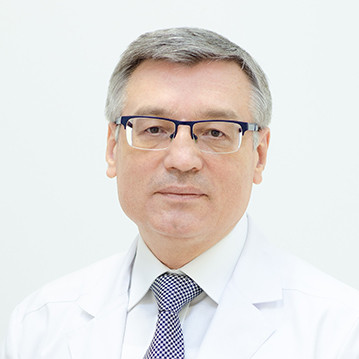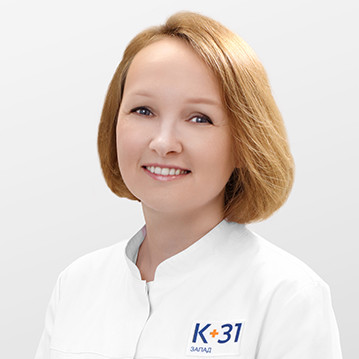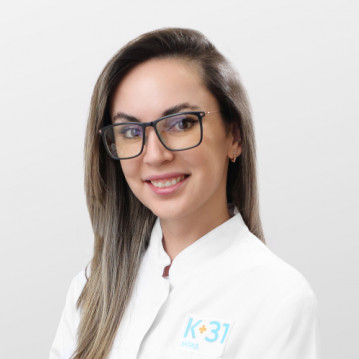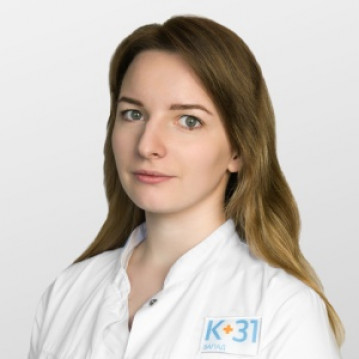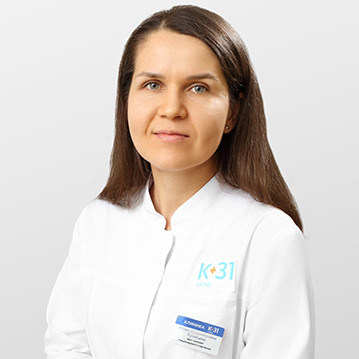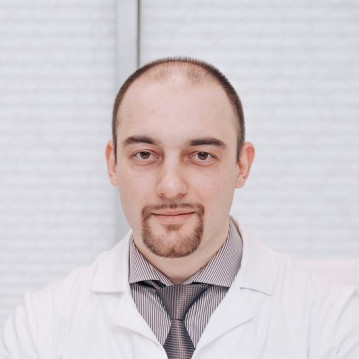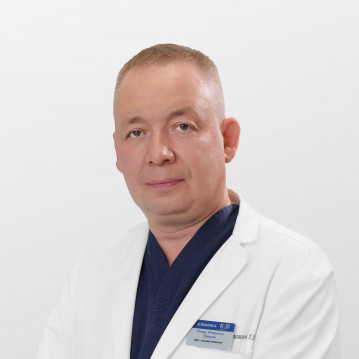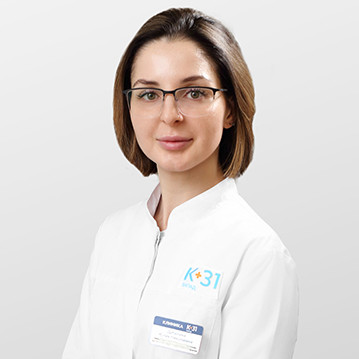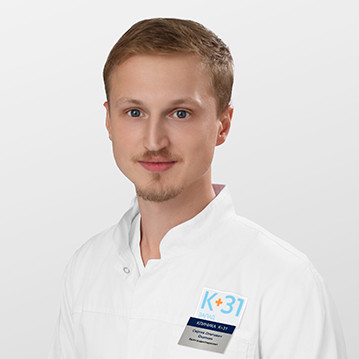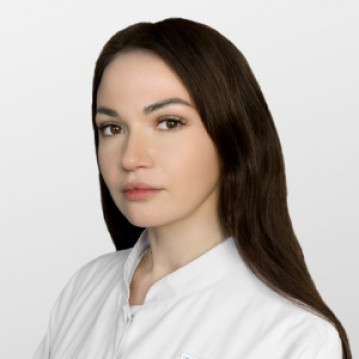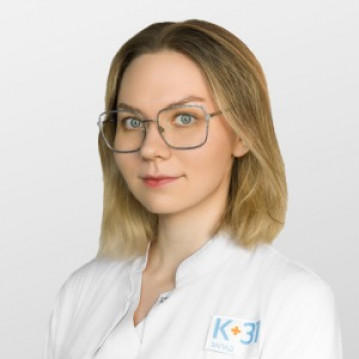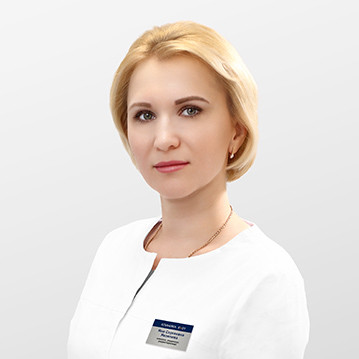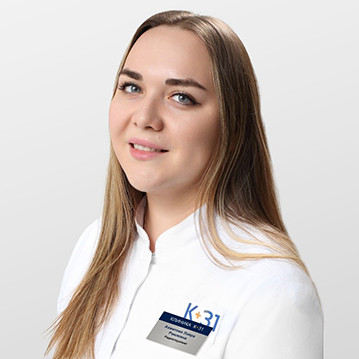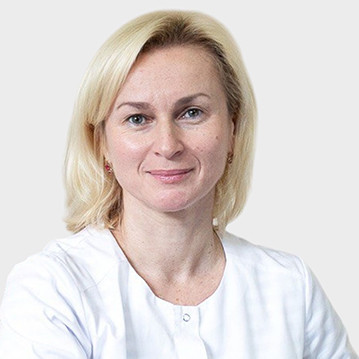Check-up is a comprehensive examination of the body. It allows you to identify any deviations at an early stage. This is especially important for detecting cancer.
Check-up includes various types of diagnostic tests, including blood tests, ultrasound, ECG and MRI.
Varieties
Check-up is not a universal examination that is equally suitable for everyone. Depending on the individual characteristics of each person’s body, his medical history, hereditary predisposition and risk factors, a different set of studies may be required.
General check-up
This checkup is designed to assess your general health. It includes:
- Consultation with a therapist.
- Basic laboratory tests.
- Functional diagnostics.
- Ultrasound examinations.
It is suitable for those who are just starting to take care of their health and want to get an overall picture of their condition.
Specialized check-ups
Specialized check-ups focus on specific body systems or disease risks. For example, if a patient has risk factors for developing cardiovascular diseases (high blood pressure, low physical activity, overweight, smoking), he is referred for a cardiac check-up.
Residents of Moscow, which belongs to iodine-deficient regions, may benefit from a thyroid gland check-up. This is especially true for those who complain of changes in the condition of hair and nails, irritability, weight changes, or lack of sexual desire.
Individual check-up
This examination is completely tailored to the individual patient. After the initial appointment, the therapist determines what kind of research needs to be done. Depending on the preliminary diagnosis, a check-up of the body includes:
- Consultations of highly specialized doctors.
- MRI and CT.
- Endoscopy.
- Ophthalmological diagnostics.
All procedures are carried out using the latest equipment, without the need to wait in line. The schedule is drawn up in such a way that the medical examination takes a minimum amount of time - usually 1-2 days.
Those who come for a check-up from afar or have limited mobility have the opportunity to undergo a full examination of the body while staying in the hospital.
